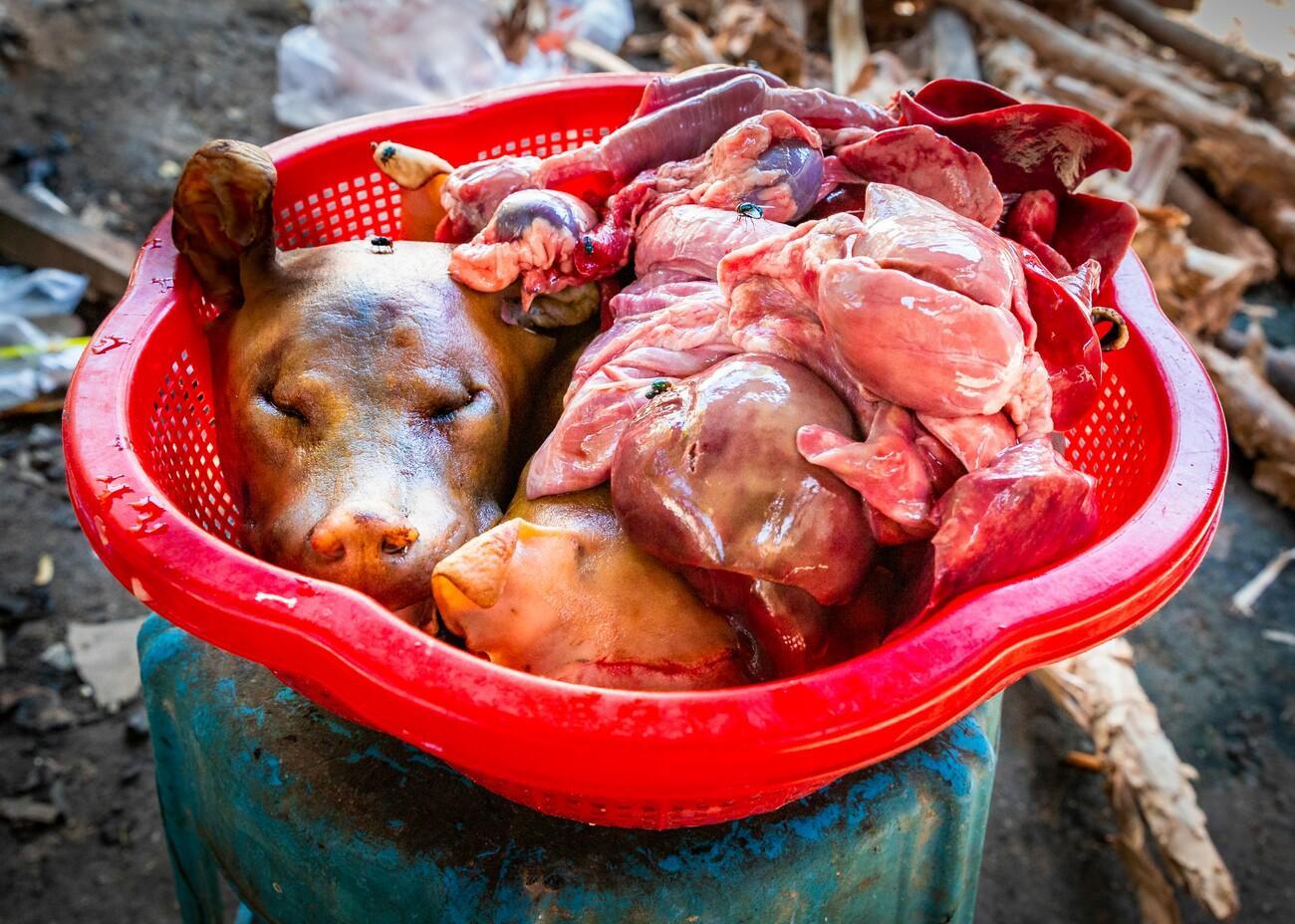Impact on Dog Welfare and Rescue Efforts
The recent ban on dog meat in South Korea marks a significant turning point for animal welfare and rescue organizations across the nation. With thousands of dogs previously raised for meat now at risk of abandonment or worse, the focus is shifting to the immediate needs of these animals. Rescue efforts are ramping up as shelters and non-profit organizations prepare for an influx of dogs that require not just physical shelter, but also medical care and social rehabilitation. Several groups are already mobilizing to:
- Provide urgent medical attention to abandoned or abused dogs.
- Promote adoption campaigns aimed at finding loving homes for rescued dogs.
- Educate the public on responsible pet ownership and the importance of spaying and neutering.
Moreover, this legislative change fosters a newfound societal attitude towards dogs as companions rather than commodities. In this very way, public sentiment is increasingly leaning toward supportive measures for animal welfare, and community engagement is on the rise. Numerous organizations are harnessing this momentum to create programs that emphasize:
- Awareness-raising regarding the plight of homeless dogs.
- Collaborative partnerships between shelters,foster families,and potential adopters.
- Long-term policy advocacy aimed at ensuring sustainable improvements in animal welfare standards.

Transitioning from Tradition: Cultural Shifts and Public Opinion
As South Korea takes a significant step toward banning dog meat, the cultural landscape surrounding this once-accepted practice is undergoing a profound conversion. The decision reflects an evolving public sentiment that increasingly values animal rights and welfare. In recent years, surveys have shown a growing opposition to dog meat consumption, with over 70% of the population supporting a complete ban. This shift is not just a matter of changing tastes but encapsulates a broader change in the perception of dogs, from livestock to beloved companions. The rise of pet culture, fueled by social media and globalization, has elevated public awareness around animal treatment, prompting many to reconsider traditional practices that once seemed unshakeable.
The implications of this cultural pivot extend beyond mere legislation.With the ban comes the responsibility of ensuring the well-being of countless dogs that have traditionally been viewed as culinary options. Animal shelters and rescue organizations are now faced with the challenge of accommodating dogs displaced by the ban. many are advocating for adoption over euthanasia, emphasizing the need for community involvement in rehoming efforts. To facilitate this transition, some initiatives aim to educate the public on proper pet ownership, while others seek to combat the stigma around shelter animals. The journey from tradition to a more compassionate approach to animal rights is not without its hurdles, yet it presents a critical opportunity to reshape societal values and foster a greater sense of empathy towards all living beings.

Government Regulations and Enforcement Challenges
The recent legislation banning dog meat in South Korea has ignited a heated debate about not only the ethical treatment of animals but also the complexities surrounding its implementation. While the order aims to protect dogs from a long-standing culinary tradition, the reality of enforcing such regulations is fraught with challenges. Local governments may struggle with limited resources to monitor compliance, leading to potential loopholes that some can exploit. Furthermore, the inherent cultural significance of dog meat in certain areas creates a resistance among dog meat farmers and consumers who view the ban as an infringement on personal choice.
Enforcement will require a collaborative approach, involving various stakeholders, including animal rights organizations and local law enforcement. Key aspects that need to be addressed include:
- Public Awareness: Educating communities about the new law and its implications will be critical in fostering support.
- Resources for Monitoring: Allocating sufficient funds and personnel to effectively monitor and enforce the ban is essential.
- Support for Farmers: Offering alternative livelihoods to dog meat farmers can facilitate a smoother transition and reduce resistance.
Ultimately, navigating the enforcement landscape requires a delicate balance between legal vigilance and cultural sensitivity, ensuring that the shift towards better animal welfare is both effective and sustainable.

Future Initiatives for dog Adoption and Advocacy
The recent ban on dog meat consumption in South Korea marks a pivotal shift towards animal rights and welfare, opening numerous avenues for future initiatives aimed at enhancing dog adoption and advocacy. To effectively transition from traditional practices to a dog-friendly culture, multiple strategies will be essential. These initiatives may include:
- Public Awareness Campaigns: Educating the public about responsible pet ownership and the emotional bonds between humans and dogs can definitely help reshape perceptions.
- Adoption Drives: Collaborating with shelters and rescue organizations to promote adoption events can substantially increase the number of dogs finding permanent homes.
- Legislative Support: Advocating for stricter laws against animal cruelty while supporting the rights of rescue organizations can create a safer environment for stray and abandoned dogs.
Additionally, partnerships between government agencies, non-profit organizations, and communities can bolster these efforts. Engaging local schools and communities in dog welfare programs could foster a generation that values and respects animal life. Initiatives might also include:
- Volunteer Opportunities: Providing avenues for community members to get involved in dog care and advocacy efforts can build a more compassionate society.
- training and Rehabilitation Programs: Establishing programs focused on training for shelter dogs will enhance their adoptability and improve their integration into new homes.
- Funding for Rescue Organizations: Allocating funds towards veterinary care and rehabilitation for rescued dogs will address health issues and improve their chances of adoption.
